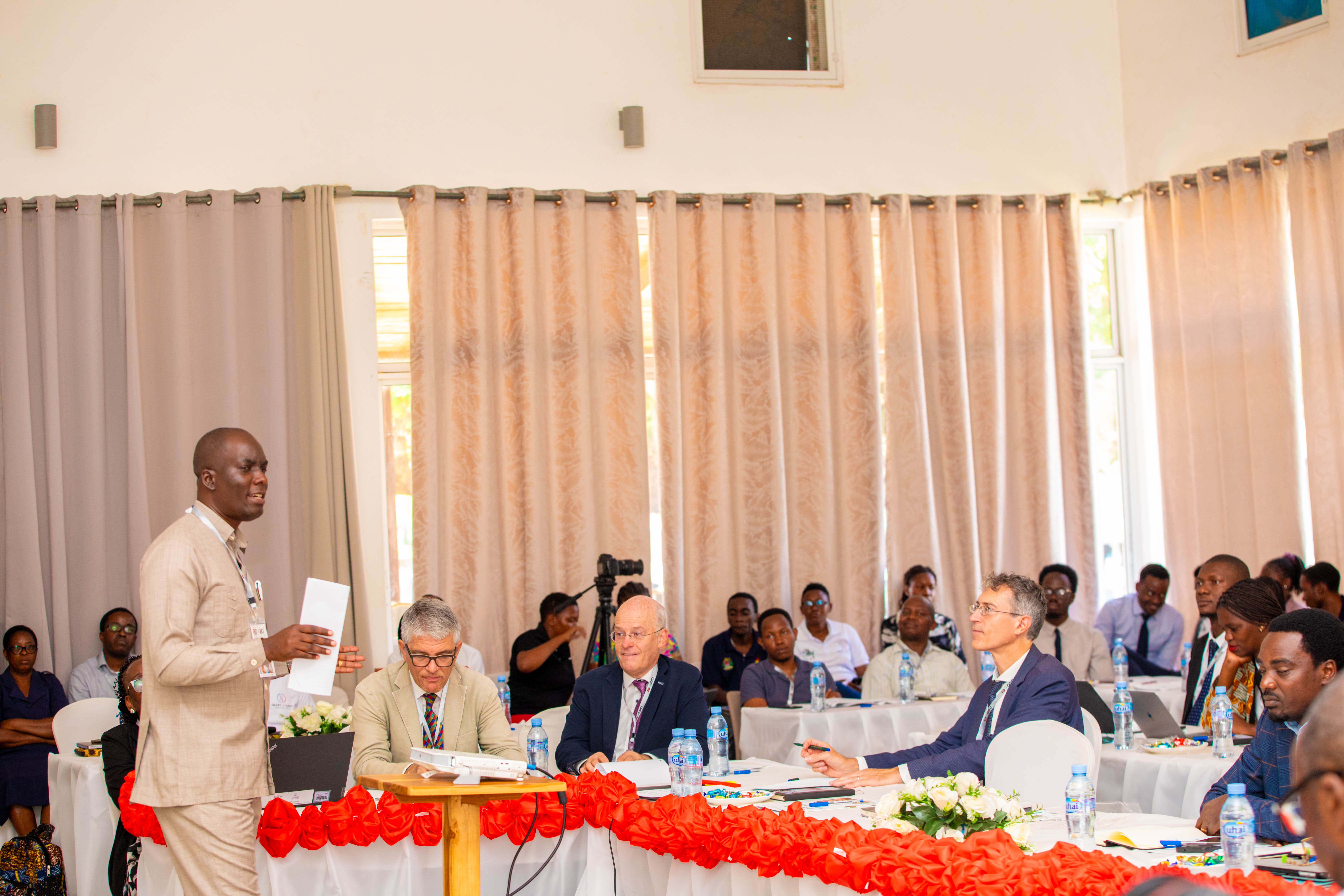
ANNIVERSARY: Celebrating 20 years of HIV and chronic disease care in rural Tanzania

Tanzanian and Swiss partners celebrated the 20th anniversary of the Chronic Diseases Clinic of Ifakara (CDCI), marking two decades of healthcare, health training, and clinical research in rural Tanzania.
Originally established in 2004 through a collaboration between Ifakara, the Swiss Tropical and Public Health Institute (Swiss TPH), St. Francis Referral Hospital, and University Hospital Basel, the CDCI was created to support individuals living with HIV/AIDS. Today, it stands as a leading model of HIV care in rural Africa.
To commemorate this milestone, the clinic hosted a two-day event on October 16-17, 2024, focusing on HIV/AIDS and non-communicable diseases (NCDs).
The CDCI’s mission is to improve healthcare access for people living with HIV/AIDS in rural Tanzania while advancing clinical research and training local healthcare professionals. Over the years, the clinic has expanded its services to include care for NCDs, such as heart disease and hypertension, reflecting the changing healthcare needs of the region.
Reflections on 20 Years of Progress
At the anniversary event, key stakeholders gathered to reflect on the clinic's achievements and challenges in HIV care. Discussions addressed issues such as viral resistance, the complexities of caring for children and adolescents, and the management of comorbidities like tuberculosis and NCDs.
In his opening remarks, Kilombero District Commissioner Dunstan Kyobya, the guest of honor, praised the clinic’s efforts in improving healthcare access in Kilombero and encouraged further community engagement.
CDCI Clinical Research Coordinator, Maja Weisser, emphasized the significance of the clinic’s achievements over the years, stating: “This is an important moment to reflect on how far we’ve come and to explore new strategies to address the ongoing challenges faced by people living with HIV and those needing chronic care for NCDs.”
Key Achievements in HIV Care
Since its establishment, the CDCI has provided care to over 12,000 people living with HIV across Kilombero, Ulanga, and Malinyi districts. Notably, the clinic’s One Stop Clinic offers comprehensive care for pregnant women with HIV and their children, combining services for HIV, tuberculosis, and other co-infections under one roof. The integration of advanced diagnostics and the establishment of a reference laboratory for viral load testing have further enhanced the clinic’s capabilities.
As NCDs increasingly impact rural communities, the CDCI has expanded its focus to address these emerging challenges. During the event, experts discussed strategies to combat the rising burden of NCDs in rural healthcare settings, emphasizing the importance of comprehensive care models.
A Model of International Collaboration
Conradin Cramer, President of the Basel-Stadt Government, highlighted the impact of cross-continental collaboration, noting that the Canton of Basel-Stadt has been a crucial supporter of the CDCI's growth. This partnership, along with financial backing from Swiss institutions, has enabled the clinic to establish itself as a leading research center for HIV and chronic diseases.
Looking Ahead
As the CDCI enters its third decade, it is committed to expanding its services, particularly for vulnerable populations such as young people and women. Recognizing that stigma remains a significant barrier to HIV care, the clinic aims to intensify its education and prevention efforts, focusing on reducing stigma and improving treatment retention.
Jürg Utzinger, Director of the Swiss TPH, added: “This milestone reflects not just two decades of progress but the strength of a partnership built on mutual trust. As we look to the future, our focus must remain on delivering locally-driven solutions to make a lasting impact on health outcomes.”
